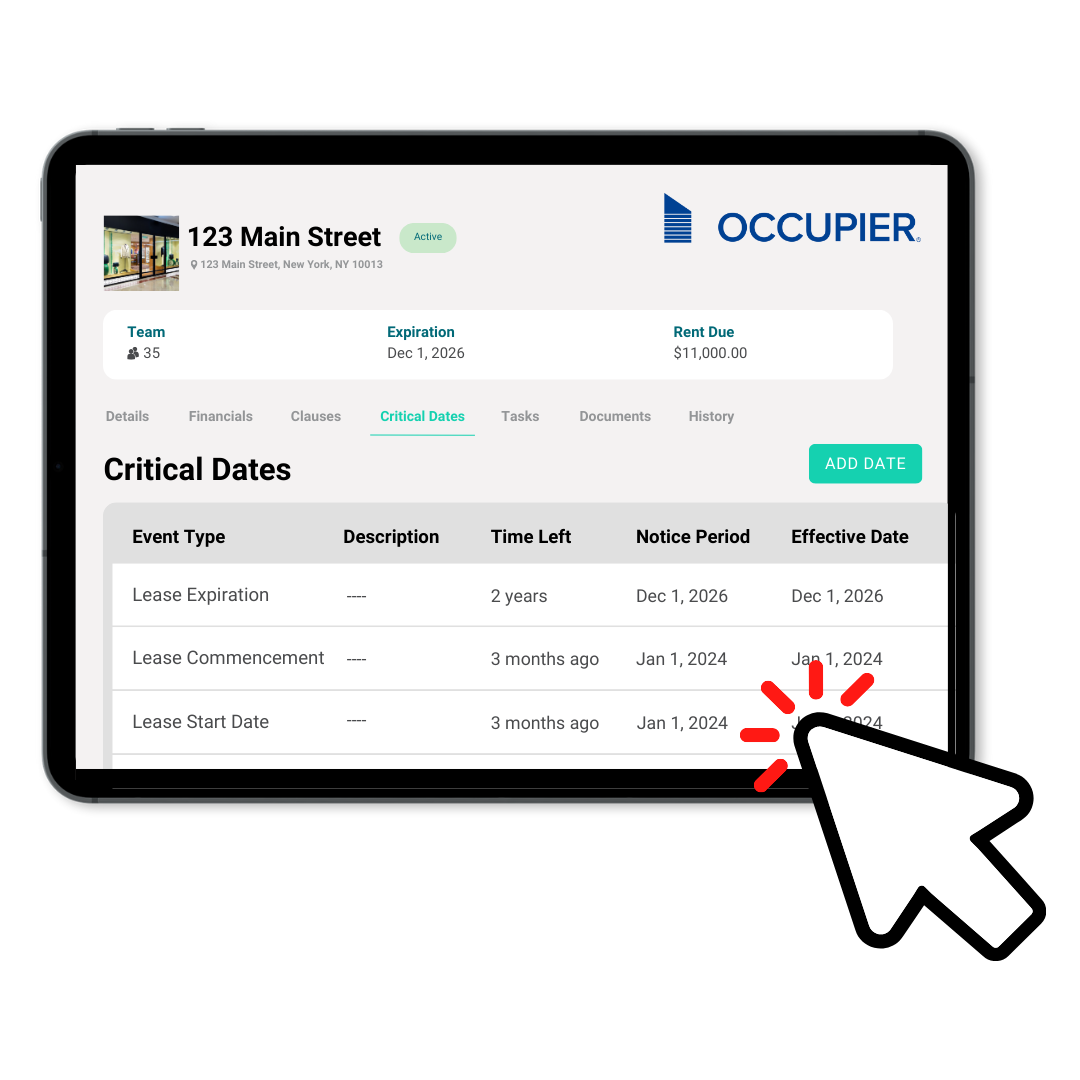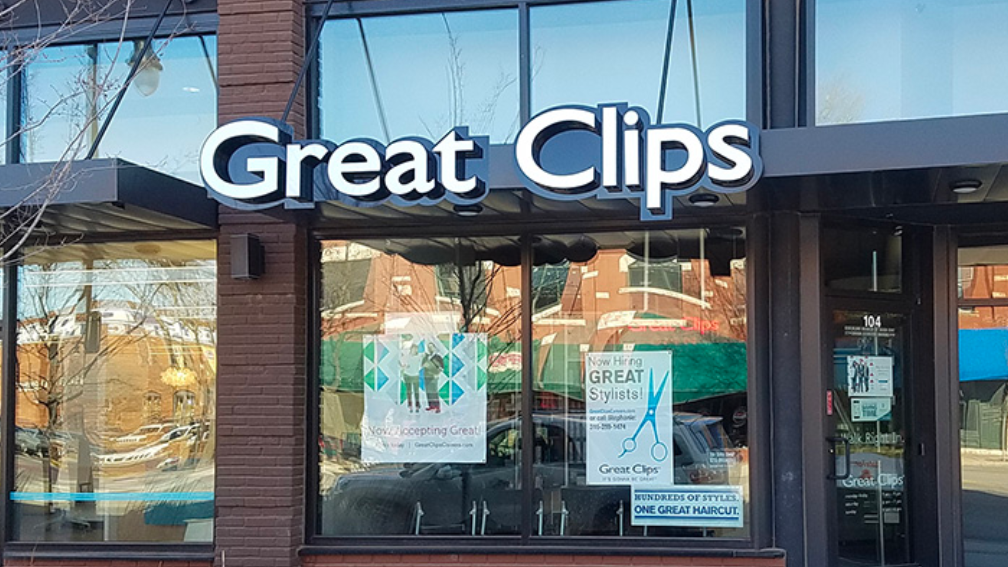How One Great Clips Franchisee Leverages Occupier for Lease Management
Last Updated on June 6, 2024 by Amanda Lee
Using PDFs and spreadsheets was a day-to-day task. With Occupier, lease management is more of a week-to-week, if not a month-to-month affair.
And Joseph Kissick II, Great Clips Franchisee Owner, is no longer flipping through PDF documents or questioning whether his Excel spreadsheet is accurate.

Franchisees often hit a certain point in their business where they’re ready to expand, as it can reach a broader audience, improve sales, diversify revenue streams, and increase profits. Joseph Kissick II, franchisee owner of 14 Great Clips salons in North Carolina, can attest to that. His parents started the business about 27 years ago, and he joined full-time six years ago.
As they continued to expand, operations grew in complexity each time they added another location or layer to management. With real estate being a key component, Occupier was an obvious choice.
Challenge: Manually Keeping Track of Lease Renewals
Before Occupier, Kissick had to cross-check their spreadsheet to their leases almost daily because he wasn’t sure he could trust the spreadsheets to have the right information. His parents are the original lease holders since they have been in their spaces for anywhere between 5 to over 20 years now. It’s important for them to be able to capture crucial information in order to see if they can get security deposit refunds or tenant improvement allowances.
A major pain point for Kissick was constantly trying to pull information rather than having it pushed automatically. He and his Father were always trying to remember their next renewal date or lease expiration. They would often wonder if they had any other options in their lease if they could negotiate a new deal and tie it with renovations, etc. The time and energy associated with racking their brains to remember critical lease information was tedious.
Solution: Save Time by Streamlining Lease Data
What stood out to Kissick about Occupier was how it’s unique in the way that it’s built from the tenant’s perspective. Many tools are crafted for Landlords. However, having a tenant-focused software solution that saves him time and automates his lease management processes is a no-brainer for franchisees and small business owners.
Using PDFs and spreadsheets was a day-to-day task. With Occupier, lease management is more of a week-to-week, if not a month-to-month affair. Every critical date, lease clause, and financial expense lives in Occupier and is only a click away. Kissick is no longer flipping through PDF documents or questioning whether his Excel spreadsheet is accurate. Nor is his bookkeeper, who is also using the platform to reconcile against the monthly rent roll to close the books. Whether it relates to a CAM adjustment or a potential security deposit refund, everyone is in the know.
“We had renewal dates, we had base rents, a few other things kind of memorialized in a spreadsheet. But there wasn’t that same level of detail that we have with Occupier’s software.”

Benefits of Occupier
Great Clips identified several key benefits of implementing Occupier’s lease management software:
- Centralize and digitize all lease information
- Referencing leases is much easier and quicker
- Having a baseline of lease knowledge and comparing multiple leases
- Ability to negotiate from an informed position
- Save hours each week with automated notifications
“The economic climate poses an opportunity for tenants to lock in more favorable terms and conditions. For example, if your lease is up for renewal, now is a great time to negotiate a tenant improvement allowance, wave any rent escalations, or align on free rent,” Kissick says.
For small business owners, being able to understand every lease data point and leveraging that knowledge to your competitive advantage will lead to better terms with your landlord. On the flip side, missing a critical date like a renewal can result in tens of thousands of dollars in unplanned moving expenses and loss in operating revenue. But with Occupier, that’s no longer a concern for Great Clips.

Product Tour
Take a self-guided tour and see how the fastest-growing commercial tenants leverage Occupier for lease management & lease accounting.

